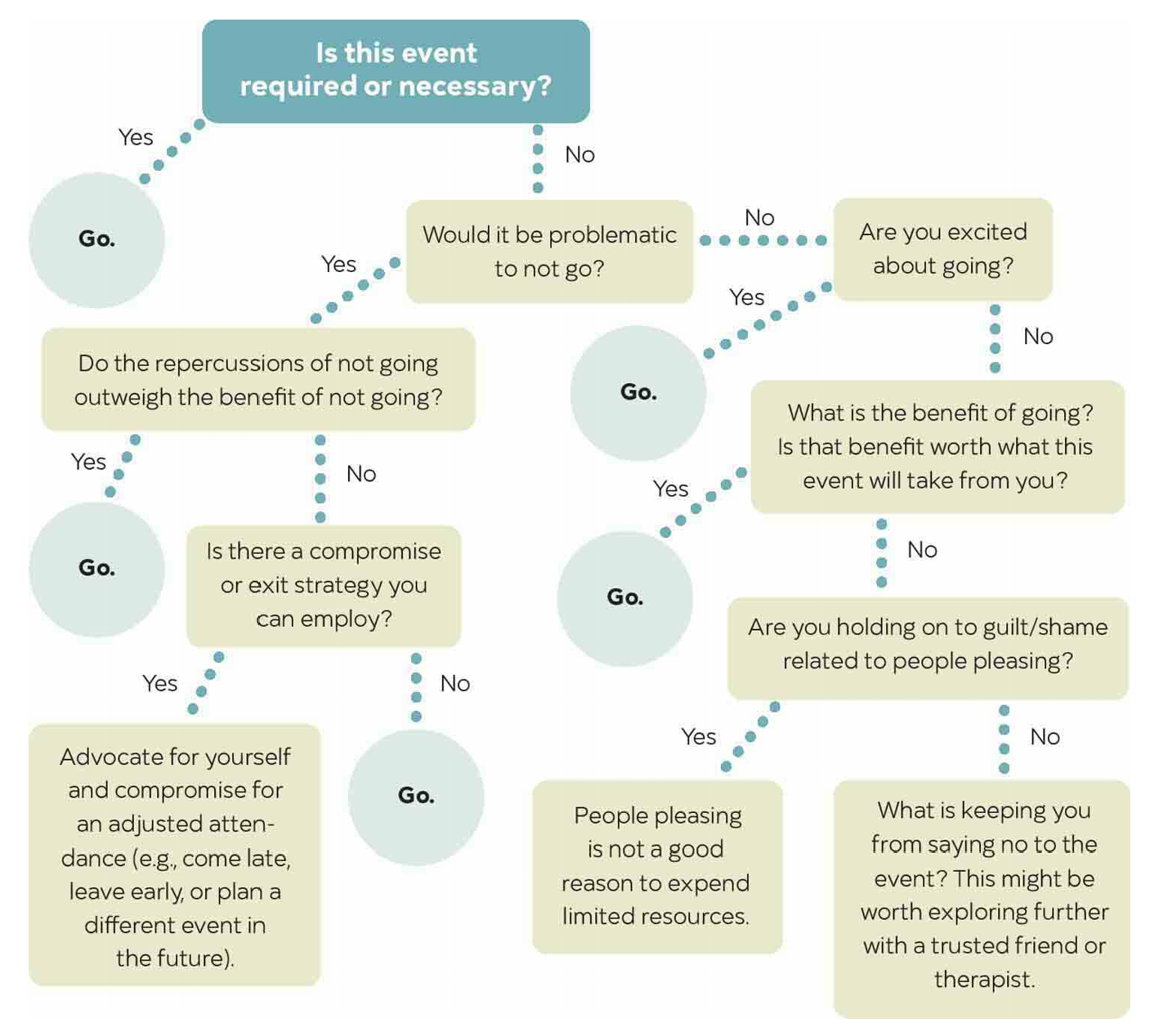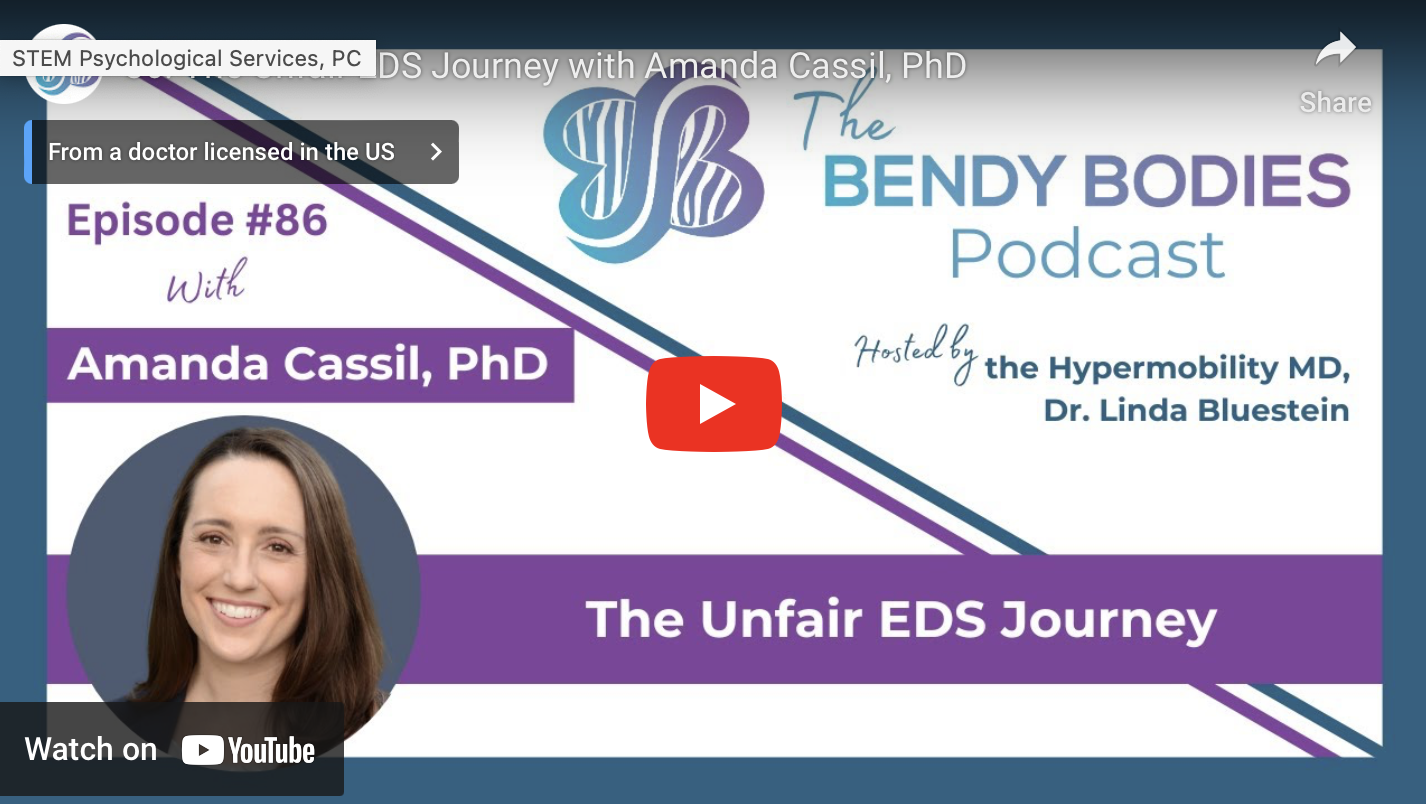
Blog

Highly Sensitive People and Social Situations
Social events can be draining for Highly Sensitive People. Dr. Cassil explores what factors contribute to that and some tools to help navigate the competing needs of your social world.

Highly Sensitive People and Everyday Life
Ideally, in day-to-day life, you experience enough stimulation to me motivated and engaged with what you are doing but not so much that you are overwhelmed, anxious, or shut down. Not all stress is bad, and in fact stress can be beneficial when it activates or stimulates the central nervous system just enough to help you complete a task. Overstimulation occurs when stress impairs functioning. This is subjective and unique to each person.

Video: Mental Health Strategies for Career Success: Expert Insights with Dr. Amanda Cassil
Dr. Amanda Cassil talks with projec management specialist Kayla McGuire about mental health in the workplace. They discuss imposer syndrome, giving and receiving feedback at work, managing boundaries in the workplace, and managing emotion and self-care as a highly sensitive person.

Self-Care as a Highly Sensitive Person
When you take care of yourself, chances are high that you may feel guilty or left out. However, if you neglect your own needs, you may end up feeling resentful and burned out.

Highly Sensitive People vs. Introverts, Extroverts, and Empaths
While many HSPs identify as introverts (about 70 percent), the HSP trait and introversion/extroversion measure different things. The HSPs sensory sensitivity looks at how information is processed while introversion/extroversion looks at where one puts their attention and from where they draw their energy.





